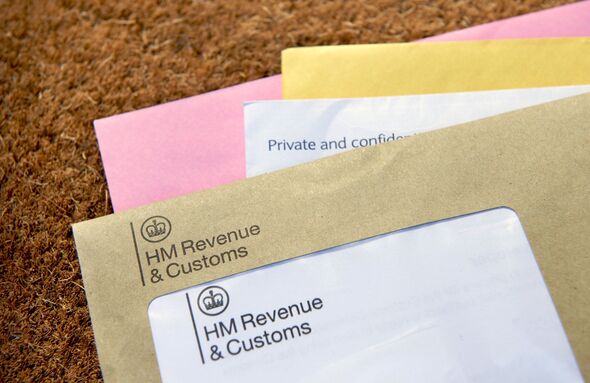
Martin Lewis’ Money Saving Expert team has issued a warning to check a letter from HMRC for a ‘black line’ or a ‘red line’.
It sounds strange, but the colour of the line on the letter you receive from His Majesty’s Revenue and Customs actually completely changes what you need to do next.
HMRC is currently in the process of sending out annual review notices to people who receive or are eligible to receive Tax Credits.
The benefits, which are in the process of being phased out for Universal Credit instead, come in the form of Working Tax Credit and Child Tax Credit, but they are still being paid to millions of people as the migration to Universal Credit is not yet complete.
Every July, HMRC sends out a review letter to those on the tax credit benefits but the colour of the line on the document determines what you need to do, Martin Lewis’ MSE website warns.
If the line on the letter, located underneath your address and reference number, is black, you don’t need to do anything. Your tax credits payments will automatically be renewed, and the letter is just telling you. Unless of course anything on the letter is wrong, in which case you’ll need to tell the Tax Credit office asap.
But if the same line is RED, you must take action, and complete the form and return it to the Tax Credit office before the deadline or your payments will stop.
The deadline is July 31, so you have mere days left to do this to avoid losing payments.
Martin Lewis’ MSE warns: “If you have changes and miss the deadline, you risk overpayments or underpayments.
Underpayment means you won’t get what you’re due, and even if you do try to claim later, you can only backdate for one month, so may miss out.
“Overpayment means giving you too much and, while this may sound good, the Tax Credit office will ask for the cash back even if you’ve spent it. This is one of the single biggest Tax Credit nightmares and you need to be careful.
“WARNING: If you deliberately mislead over Tax Credits, you can be fined or even prosecuted. HMRC can charge you a penalty of up to £3,000 if you deliberately or negligently give the wrong information on your claim, when telling HMRC about a change of circumstances or when providing information as part of its checks.”
















